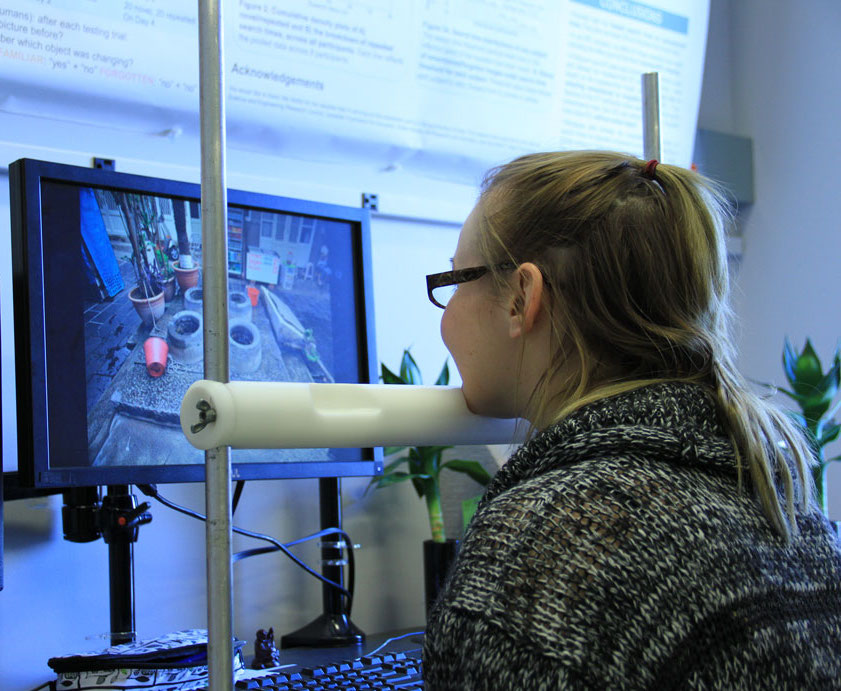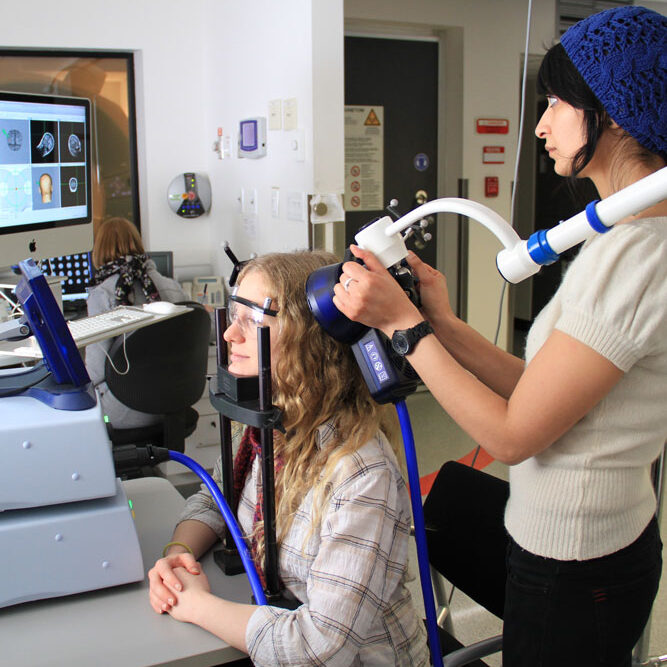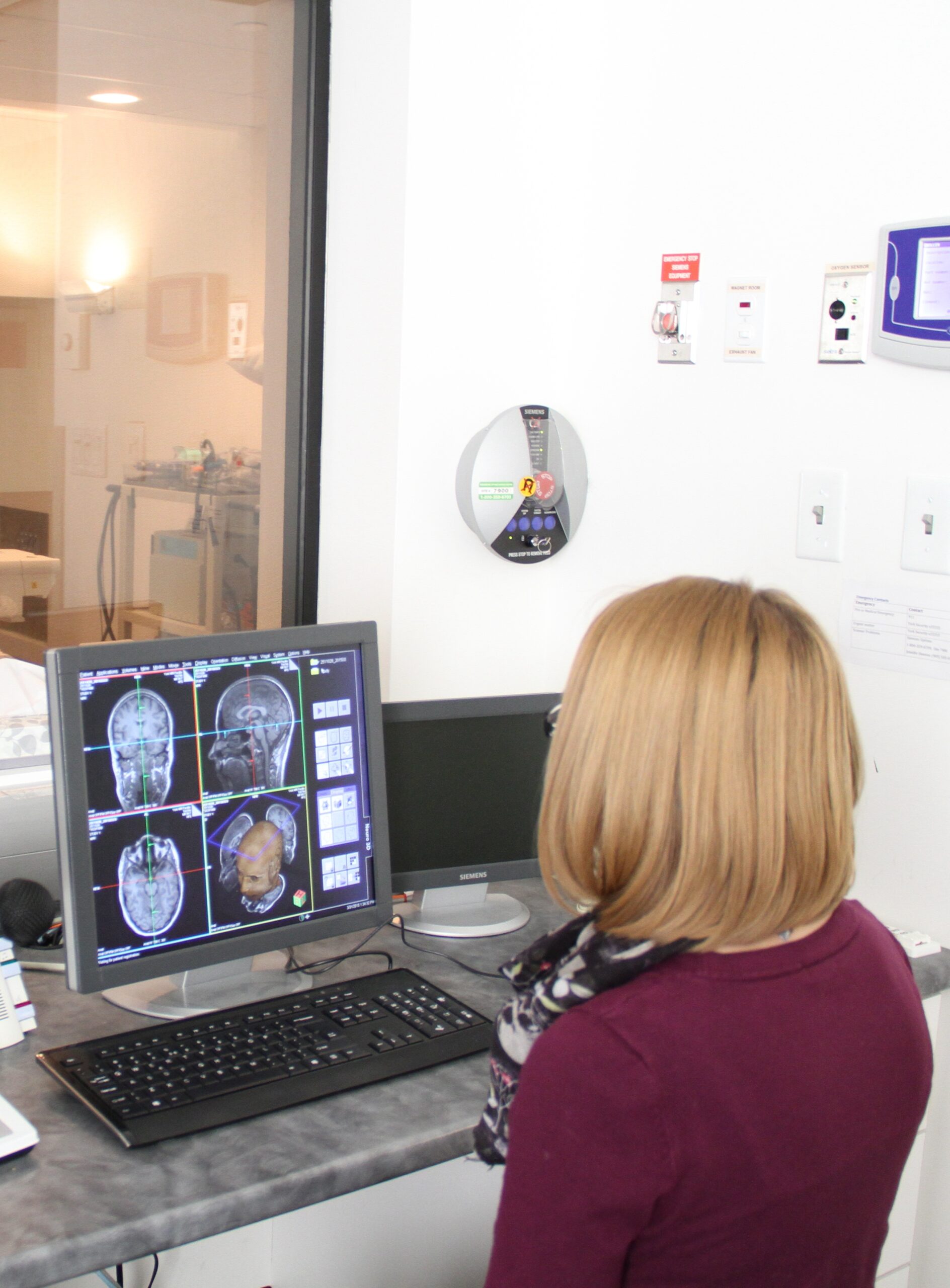Psychology at York University (Video transcript)
Psychology is the scientific study of the mind and behaviour viewed from social, developmental, clinical, and biological perspectives. At York University’s Keele Campus, the Department of Psychology offers the most extensive and diverse selection of courses among Canadian universities, taught by internationally recognized educators, researchers and clinical practitioners.
Our program is ranked 4th in Canada and in the top 75 Psychology programs worldwide by ShanghaiRanking’s Global Ranking of Academic Subjects 2024 and 4th in Canada and 2nd in Ontario by the QS World University Rankings by Subject 2025. Macleans magazine has listed Psychology as one of York’s “standout” programs.
Quick Links
- Mature and Transfer Student
- Current Students
- Graduate Students
- Careers in Psychology
- UG Psychology Student Association
- Black Students in Psychology

EVENTS
April 2025
May 2025
Duration
4 Years
Degrees
Honours (BA, BSc)
Intake
Fall (Sept), Winter (Jan), Summer (May)
Study Options
Full-time, Part-time
Delivery
In-person

Why Choose Psychology at York U?
Our strength comes from the diversity and breadth of the interests we explore ranging from studies of infancy to mental health disorders of childhood through the challenges of adolescence to adulthood and old age.

- Choose from the most extensive course selection of any Canadian psychology program.
- Learn from award-winning instructors who are world-leading experts in psychology.
- Enjoy some flexible study options with evening, online and blended courses.
- Customize your learning by completing our unique undergraduate concentrations.
- Benefit from academic advising, (free) peer mentoring and tutoring, and an extensive student community (e.g., Undergraduate Psychology Student Association and Black Students in Psychology).
- Stay on track with your academics, career planning, and the available resources to support your degree progress by using our exclusive Psychology Major Maps!
Degree Options
We offer both an honours Bachelor of Arts (BA) and honours Bachelor of Science (BSc) option. Both share the same core psychology requirements. However, BSc students take additional math, science, and computer science courses while BA students have more flexibility with those credits.
In both options, students begin with PSYC 1010 Introductory Psychology, exploring various topics such as personality, memory, learning, intelligence, psychological disorders, the biological basis of behaviour, perception, motivation, cognition, child development, abnormal and social psychology.
Specialized Honours Program
The Specialized Honours Psychology program, available to current BA and BSc Psychology students, offers advanced training in research methods, statistical analysis, scientific communication, and critical thinking. Students gain hands-on research experience through faculty-supervised research projects in their third and fourth years, and complete a final thesis project. This program targets those students who are ultimately interested in pursuing research-based graduate studies (including clinical psychology). The program also provides mentorship to prepare students for the graduate school application process.

Sample Courses
Psychology Concentrations
Earn a digital credential and customize your degree by completing up to two Psychology Concentrations. Concentrations allow students to complete clusters of courses within specific areas of psychology like Counselling and Mental Health; Psychological Humanities, Contexts, and Communities; Child and Youth Development; Applied Methods and Analysis; Neuropsychology; Aging and Late Life Development; and Our Social World and Social Minds.
Undergraduate Certificates
We also offer four certificate options students can complete alongside their degree. Certificates provide further specialization and training in specific subfields of psychology.
Admission Requirements
Experiential Learning Opportunities in Psychology
Students can apply classroom learning through experiential education in diverse settings, including research and community experiences such as:
- Analyzing brain imagery in our fMRI lab
- Studying vision and perception in the Centre for Vision Research
- Engaging in community-service learning in courses like Atypical Development, Advanced Community-Based Applied Research
- Completing work-integrated learning in collaboration with various community organizations
Experiential education provides students the opportunity to integrate psychological theories, methods, and skills through hands-on experiences that address real-world challenges.
Many of these experiences are made possible through partnerships with organizations such as CAMH and Black Creek Community Health Centre, aiding students to build broader networks outside of the program and university.
Career Outcomes
Psychology graduates pursue diverse career options in fields like health, law, business, and education. The program prepares students for graduate studies, professional schools (e.g., medicine, applied behavioral analysis), or direct entry into the workforce.
Our alumni work as psychologists, teachers, social workers, lawyers, marketing managers, therapists, and more!
Becoming a Psychologist or Psychotherapist
To become a psychologist or psychotherapist in Ontario, a master’s or PhD is required. You can use your BA or BSc in Psychology to apply to accredited graduate programs. Start researching program requirements early through school websites or reliable online resources.
Becoming a Psychiatrist
Psychiatrists are medical doctors specializing in psychiatry. This requires pursuing a medical degree after your BA or BSc in Psychology. Admission requirements vary for medical schools. Begin your research early to help ensure you meet the application requirements.

FAQs
Below are some of our most frequently asked questions (FAQs) to help you plan and prepare.
Learn More
Please contact us if you have any questions about applying for Faculty of Health programs, your application status, or your next steps after receiving an offer of admission.
Faculty of Health Recruitment Office
hlthrec@yorku.ca
416-736-2100 x 33164
